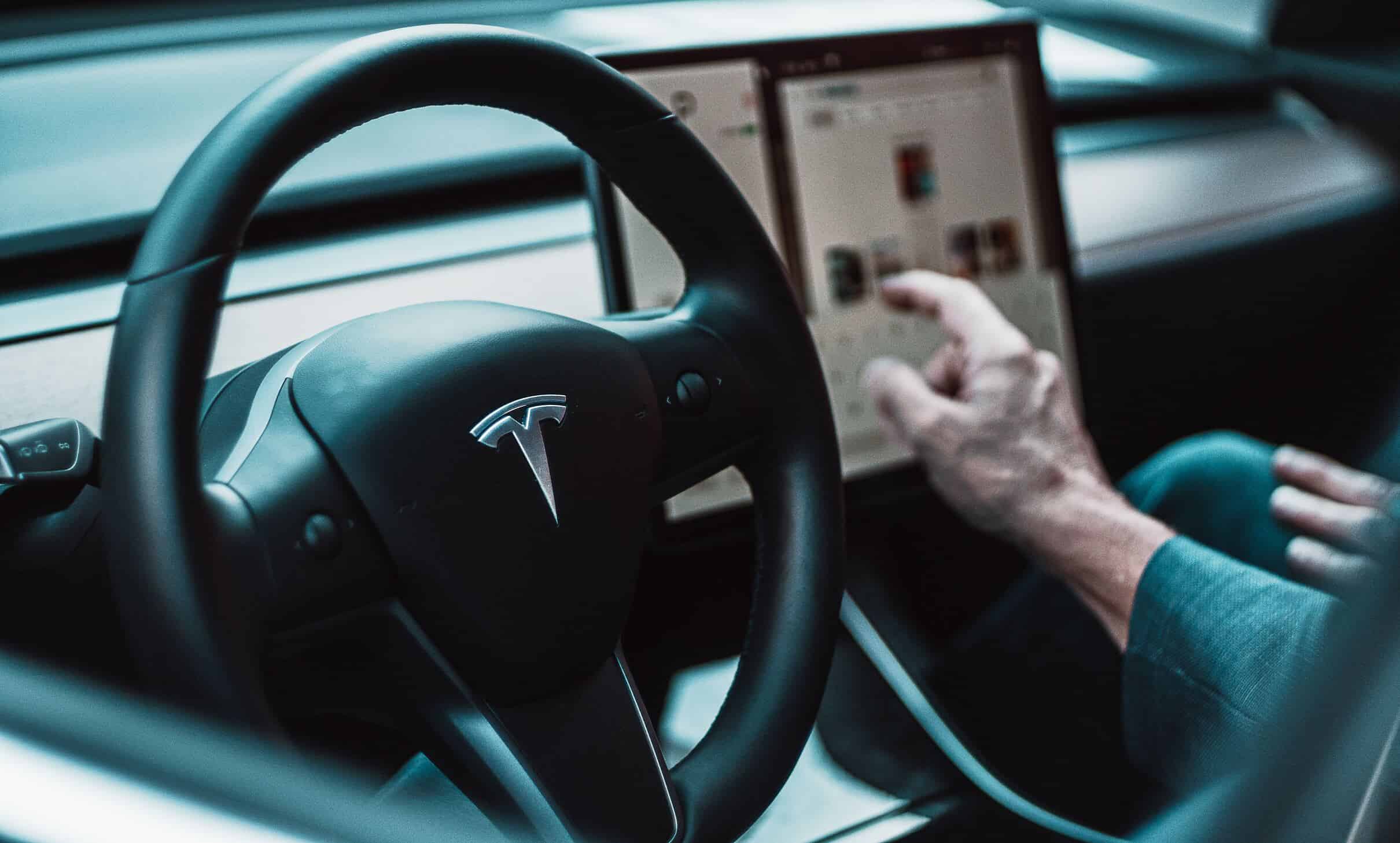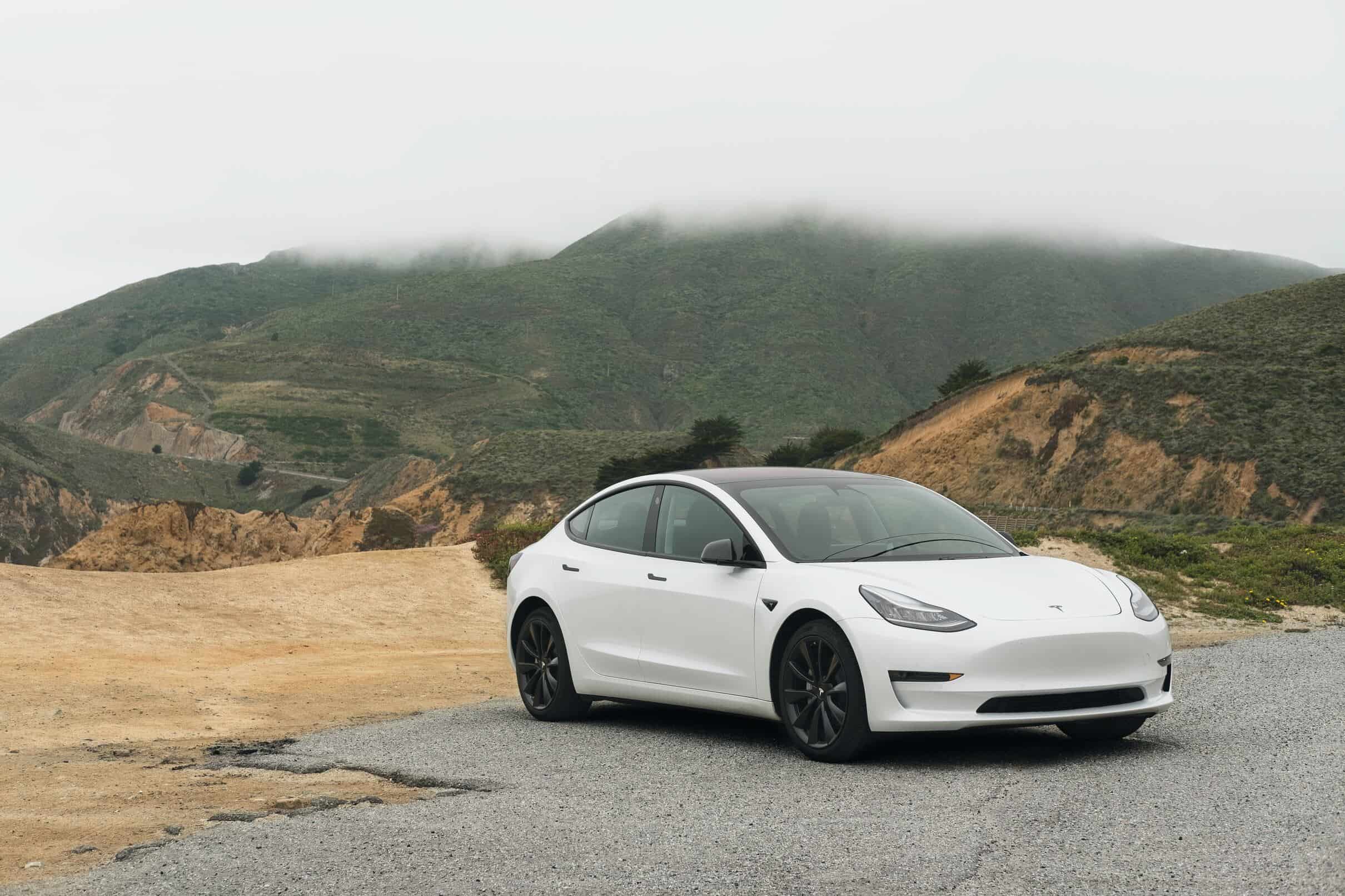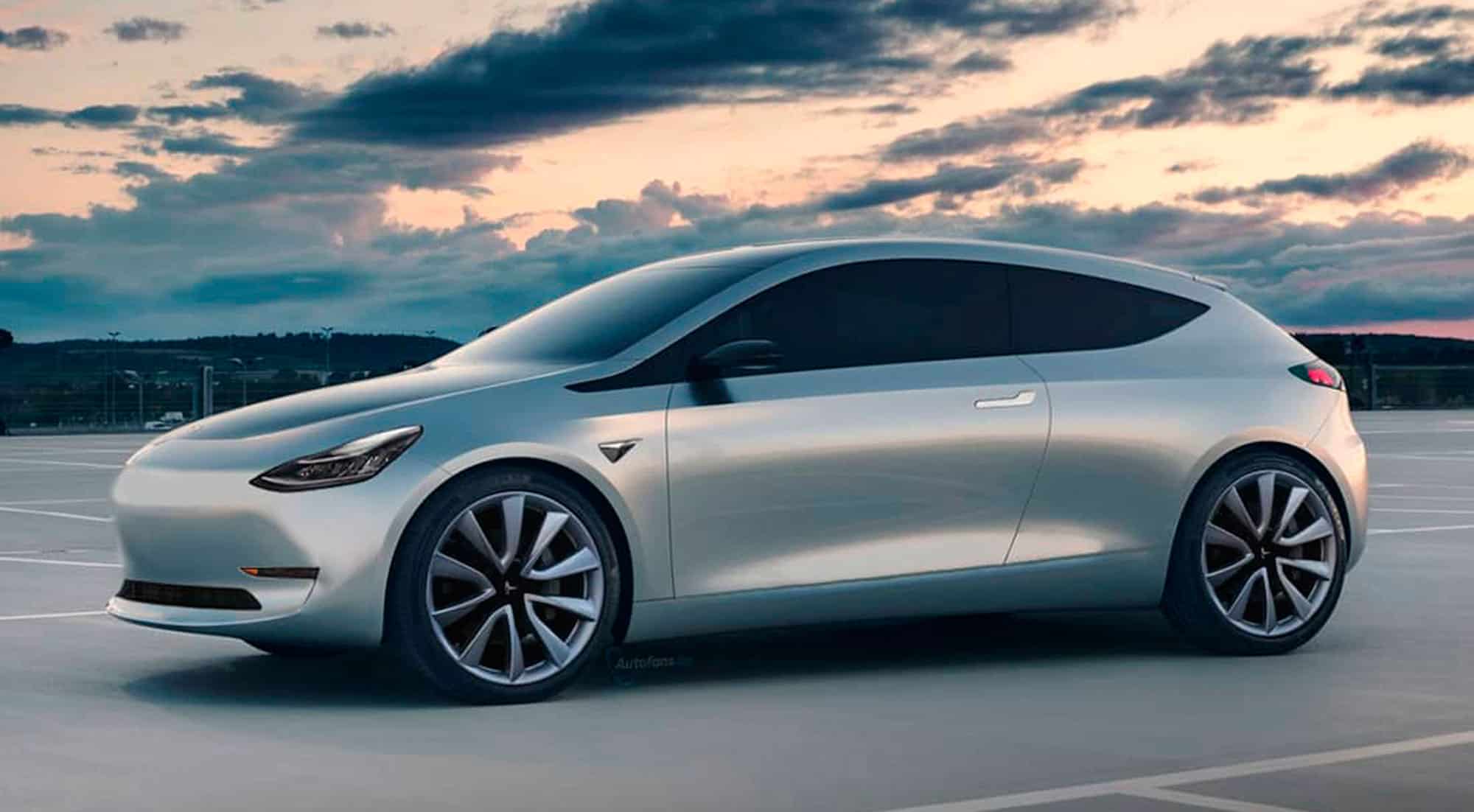Introduction
Tesla, the trailblazing electric vehicle (EV) manufacturer, is poised to redefine the EV market once again with its forthcoming model, dubbed the ‘Model 2.’ Priced at a budget-friendly £22,000, this compact EV is all set to be manufactured in Germany, further solidifying Tesla’s commitment to electrification. In this article, we’ll delve into the details of the eagerly anticipated Model 2 and explore its significance in the context of Tesla’s wider line-up, which includes illustrious models like the Model 3, Model Y, Model S, and Model X.

The Tesla Model 2: An Affordable Game-Changer
The Model 2, previously known as the “Tesla Hatchback,” is Tesla’s answer to making electric vehicles more accessible to a broader range of consumers. With an estimated starting price of £22,000, it represents a significant departure from Tesla’s previous models, which catered to a more premium segment of the market. This strategic move is aligned with Tesla’s overarching mission to accelerate the world’s transition to sustainable energy. By offering an affordable used car, Tesla aims to lure in more prospective buyers who have long awaited a cost-effective alternative to traditional internal combustion engine vehicles.
With a modest price tag, the Model 2 does not compromise on Tesla’s hallmark features. It is expected to offer impressive range, performance, and cutting-edge technology. Tesla is renowned for pushing the boundaries of EV capabilities, and the Model 2 will be no exception. This compact EV is designed to be an ideal urban runabout, perfect for city dwellers and daily commutes. It will include all the latest advancements in battery technology, regenerative braking, and autonomous driving features, making it a strong contender in its class.
Tesla’s Model Line-up: A Brief Overview

Before we dive deeper into the Model 2, let’s take a moment to appreciate the evolution of Tesla’s line-up, which has been instrumental in revolutionizing the EV market.
- Tesla Model 3: Launched in 2017, the Model 3 is often credited with bringing EVs into the mainstream. With its sleek design and affordable price, it quickly became Tesla’s best-selling model.
- Tesla Model Y: The Model Y, introduced in 2020, is a compact SUV built on the same platform as the Model 3. It combines the practicality of an SUV with the efficiency and performance of a Tesla.
- Tesla Model S: The Model S, Tesla’s flagship sedan, set new standards for electric vehicle performance when it was first released in 2012. It boasts a luxurious interior, Ludicrous Mode for mind-blowing acceleration, and an impressive range.
- Tesla Model X: Tesla’s all-electric SUV, the Model X, offers a unique falcon-wing door design and top-tier features. It appeals to those looking for a family-friendly electric vehicle with ample space and versatility.
The Model 2: What to Expect

The Model 2, although competitively priced, will inherit Tesla’s signature characteristics. Expect a minimalist and user-friendly interior with a large touchscreen control centre, much like its predecessors. The car is expected to offer two variants: a standard-range model and a long-range model, with the latter delivering an impressive range suitable for longer trips. Tesla’s dedication to battery technology ensures that the Model 2 will deliver remarkable efficiency and charging capabilities.
Performance-wise, the Model 2 is anticipated to be a sprightly urban performer, with nimble handling and quick acceleration. It’s designed to be a perfect fit for city driving and tight parking spots, thanks to its compact size and advanced self-parking capabilities.
One key aspect of the Model 2’s significance is its role in Tesla’s expansion into the European market. The decision to produce the Model 2 in Germany is part of Tesla’s strategy to establish a stronger presence in Europe and meet the growing demand for electric vehicles on the continent. This will also enable Tesla to reduce transportation costs and streamline the delivery process, making the Model 2 even more attractive to European customers.
A Competitive Market
The EV market is evolving rapidly, with more automakers entering the arena with their electric offerings. While the Model 2 is set to become Tesla’s budget-friendly option, it faces competition from other manufacturers, each with their own compelling models. Let’s take a quick look at some notable competitors in the European EV market.
- Volkswagen ID.3 and ID.4: Volkswagen has made substantial investments in electric mobility and has introduced the ID.3 and ID.4, both of which have gained popularity for their affordability and practicality.
- Renault Zoe: Renault’s Zoe is a well-established electric vehicle in Europe, known for its affordability and compact design.
- Nissan Leaf: The Nissan Leaf is a pioneer in the EV world and remains a strong contender in the market, offering various trim levels and price points.
- Hyundai Kona Electric: Hyundai’s Kona Electric combines a competitive price with a spacious interior and an impressive range, making it a compelling option for European buyers.
Tesla’s Future in Europe

With the Model 2 and its planned production in Germany, Tesla is positioning itself to be a formidable force in the European electric vehicle market. This not only benefits the company but also contributes to the broader goal of reducing carbon emissions and transitioning to a more sustainable transportation system. The availability of the Model 2 at an attractive price point is likely to stimulate further interest in electric vehicles and promote their adoption on a larger scale.
Conclusion
The Tesla Model 2, priced at £22,000 and produced in Germany, is poised to be a game-changer in the world of electric vehicles. With a focus on affordability, it promises to bring the benefits of Tesla’s cutting-edge technology to a wider range of consumers. Tesla’s success with models like the Model 3, Model Y, Model S, and Model X has set the stage for the Model 2’s arrival, solidifying the company’s reputation as a leader in the electric vehicle industry. As the world continues to transition towards sustainable transportation, the Model 2 represents an important step forward in making EVs more accessible and appealing to a global audience.





